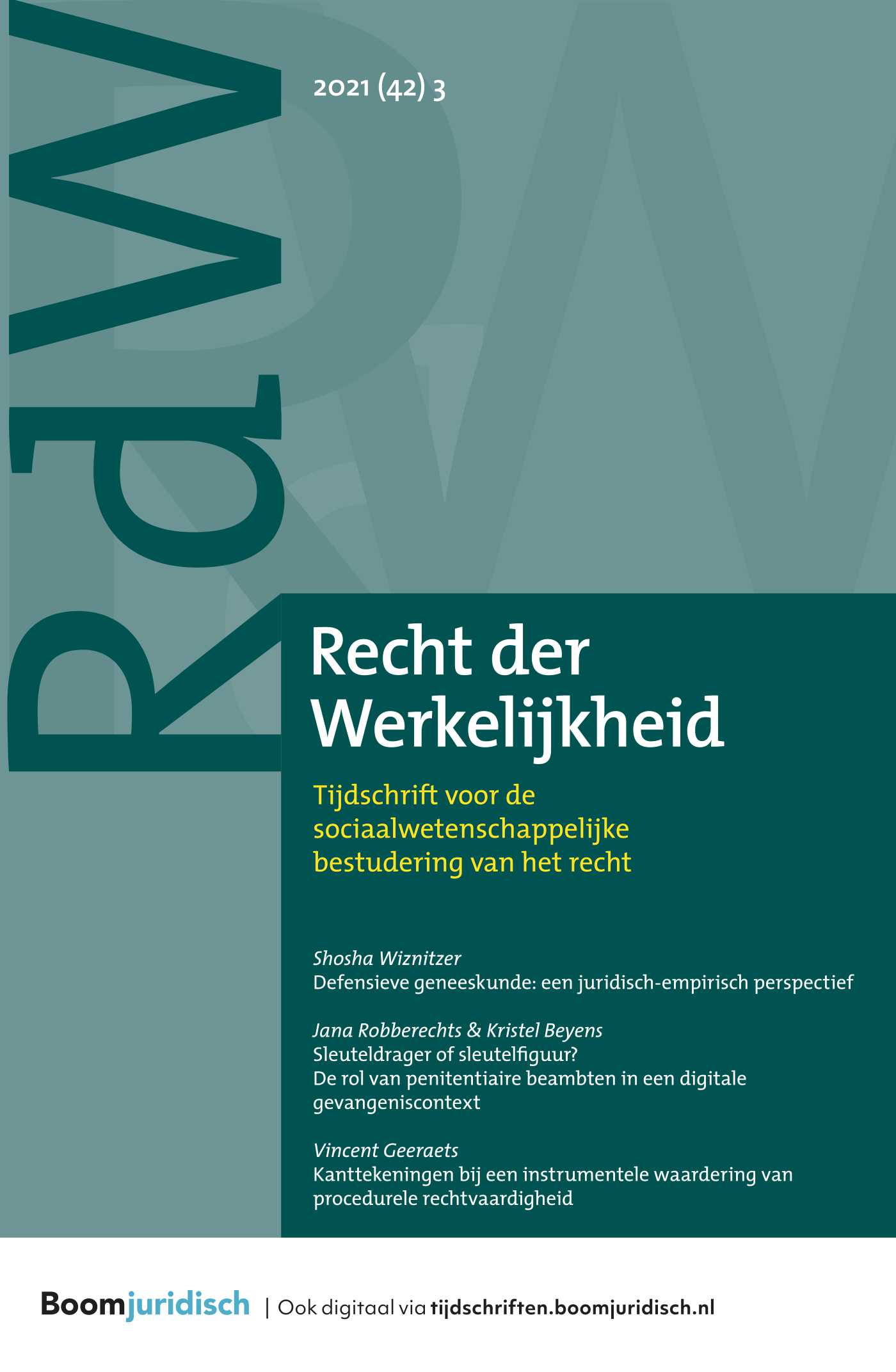|
Four phases of the Corona crisis are distinguished: a first acute phase, the gradual transition to a new normal, the economic downturn and the long run. The article describes what happened in the courts in the first and in the beginning of the second phase, and what is subsequently likely to happen. In the acute phase the court buildings shut down, and adjudication came largely to a halt. The courts were late in opening up, and as a result backlogs of, in particular, criminal cases increased. The courts extended their use of digital tools (e.g. tele-hearings) that, while allowing cases to proceed, did not fully protect the rights of parties. While so far the volume of commercial cases and bankruptcies has not increased, a (rapid) increase is inevitable. Contract breach will be wide spread, and will give rise to fundamental legal issues. For economic recovery it is essential that the courts give clear and consistent guidance in these matters quickly. This requires the courts to reduce the currently long duration of civil cases, and to use the available procedures to get expeditious decisions of the Supreme Court. The courts will also need to develop their ICT-instruments rapidly to guarantee the rights of parties. After a difficult first phase, the courts now face the challenge to effectively guide society through the Corona crisis and its aftermath, and thereby play its role in the trias politica. |


Recht der Werkelijkheid
Meer op het gebied van Algemeen
Over dit tijdschriftMeld u zich hier aan voor de attendering op dit tijdschrift zodat u direct een mail ontvangt als er een nieuw digitaal nummer is verschenen en u de artikelen online kunt lezen.
| Redactioneel |
|
| Auteurs | Prof. dr. Koen Van Aeken |
| Auteursinformatie |
| Artikel |
|
| Trefwoorden | Corona crisis, judiciary, ICT, Court delay, Trias politica |
| Auteurs | Dr. Frans van Dijk en Mr. dr. Eddy Bauw |
| SamenvattingAuteursinformatie |
| Artikel |
|
| Trefwoorden | Corona, Crime, Lockdown, Opportunity theory, COVID-19 |
| Auteurs | Dr. Edwin Kruisbergen, Marco Haas MA, Drs. Joanieke Snijders e.a. |
| SamenvattingAuteursinformatie |
|
To control the COVID-19 outbreak Dutch government opted for a so-called intelligent lockdown. The virus as well as the lockdown caused significant personal and societal damage. It also created, however, a unique natural experiment. How did the forced stay in affect the crime levels? This article presents empirical data on crime trends during the lockdown. Initially, the general crime level decreased sharply. However, the general crime level quickly returned to pre-lockdown levels. Different types of crime displayed divergent trends, e.g. property crimes decreased sharply whereas online crime rates increased considerably. These trends fit rather well with an opportunity theoretical approach regarding crime. |
| Artikel |
|
| Trefwoorden | Risk society, Cosmopolitan solidarity, Refexive modernization, Healthcare regulation, COVID-19 |
| Auteurs | Mr. dr. Tobias Arnoldussen |
| SamenvattingAuteursinformatie |
|
The COVID-19 pandemic caused overcrowded IC units. In the Netherlands a discussion erupted on what category of patients should be granted a bed, if there would not be enough place to treat everybody. In this article the medical guidelines for this situation as well as the public discussion are examined and related to Ulrich Beck’s theory of reflexive modernization. It is argued that discussion and regulation of this dilemma follow reflexive patterns, albeit patchy. The discussion and regulation displayed reflective understanding of the perilous position of the elderly and frail but issues of class and ethnicity were not discussed. This research revealed that Beck’s theory holds its own when tested in an empirical situation, but it has weaknesses in regard to the predicted emergence of cosmopolitan solidarity. |
| Discussie |
|
| Trefwoorden | Pandemic, Cost-benefit analysis, qaly, Opportunity costs, COVID-19 |
| Auteurs | Dr. Roel Pieterman |
| SamenvattingAuteursinformatie |
|
Most countries in the world chose a more or less stringent form of lockdown policy in order to protect citizens from contagion. This essay offers a critical perspective by asking for the Netherlands whether flattening the curve does not cost more healthy life years (qaly’s) than it saves. A cost-benefit analysis is performed discussing four issues. First: how many qaly’s are actually saved by the lockdown measures? Second: what are the opportunity costs of the lockdown? This means investigating how many qaly’s could have been generated if the economic cost of the lockdown had been spent directly into health care. Third: investigating how many qaly’s are lost because of postponing regular care. And fourth: discussing how many qaly’s are at stake because of excess unemployment. While acknowledging uncertainties the conclusion seems unavoidable: lockdown has and will cost more qaly’s than it generates. |

 Aflevering 3
Aflevering 3